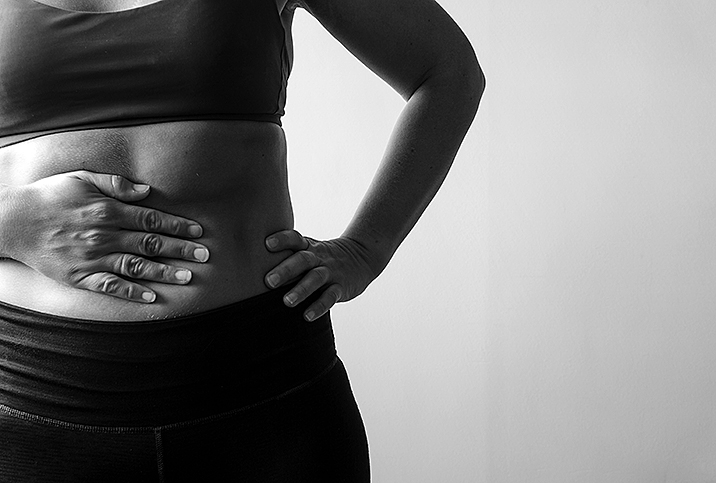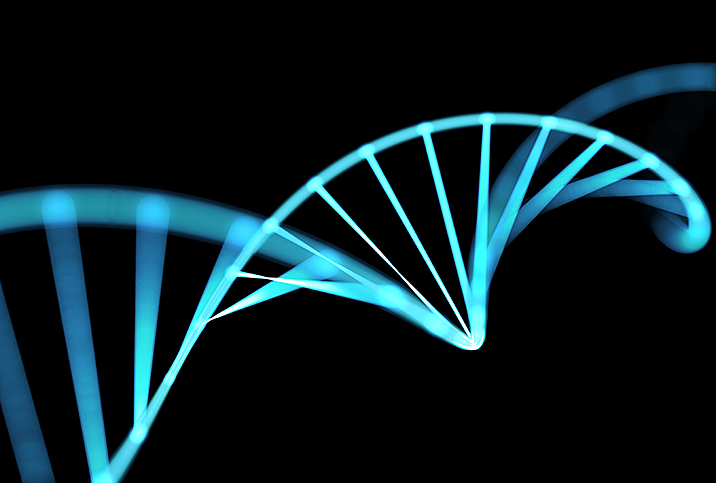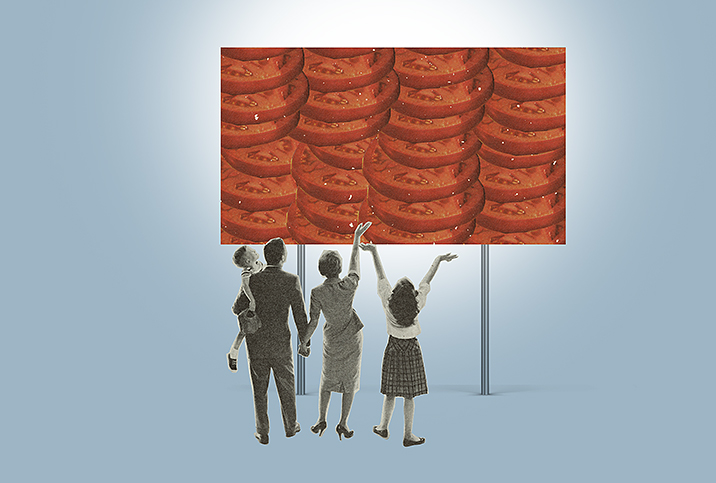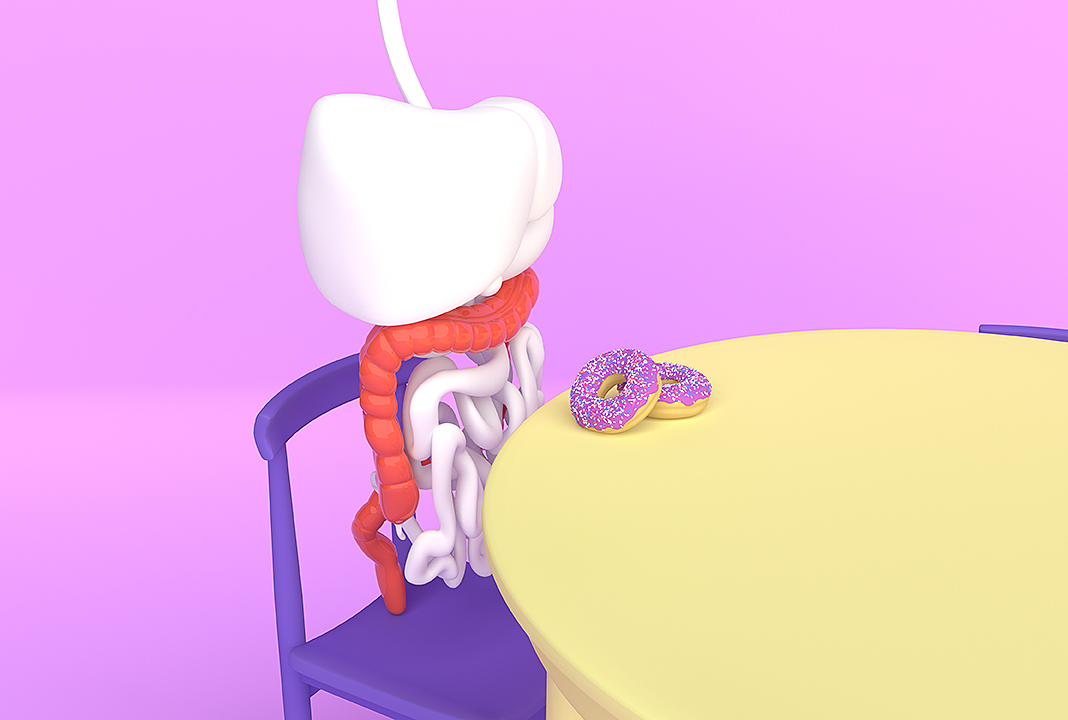What I Wish I'd Known About Celiac Disease and Living Gluten-Free
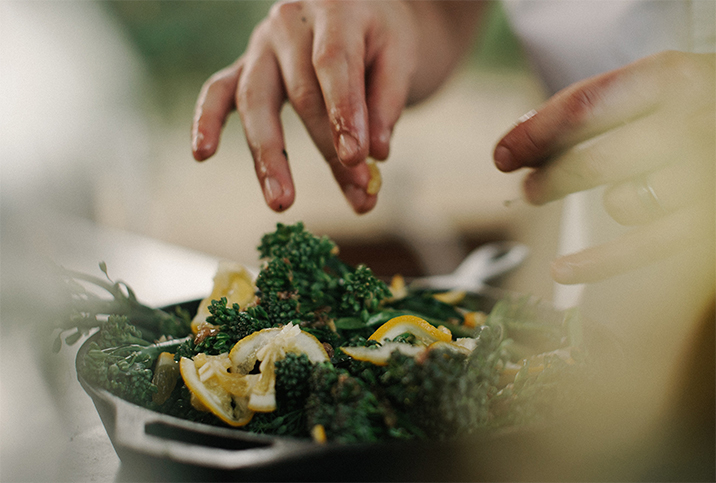
When I opened my 23andMe report in December 2019, there were a few small surprises. My lineage was 13.4 percent Italian (more than I thought), 82.9 percent English and Irish (about what I expected), 0.8 percent Scandinavian (wait, really?) and 0.1 percent Korean (news to me).
When I reached the "health" section of the report, I anticipated an increased risk of macular degeneration—a hereditary vision problem my grandmother had—but instead found a surprising notation.
Celiac disease: slightly increased risk.
According to my report, I was the proud owner of one variant in the HLA-DQA1 gene, which put me at a slightly increased risk of developing celiac disease, a condition I was only vaguely aware of.
A few months later, I started having unpleasant gastrointestinal symptoms and eventually ended up with a celiac diagnosis via endoscope biopsy in October 2020. My gastroenterologist confirmed the diagnosis with a celiac blood panel, told me to immediately begin a gluten-free diet and sent me on my way.
This was…not very helpful. I had to do a ton of research on my own, and even though I am eight months into the diagnosis, there are still things I'm learning.
Check everything for gluten—seriously, everything
Going gluten-free isn't as simple as it sounds. For new celiacs, I can't stress this enough: Just because something says it's gluten-free doesn't mean it is safe for you to eat. People with celiac disease have to be exceedingly careful. A small amount of gluten (even a breadcrumb) is enough to cause sickness and intestinal damage.
In the beginning, I was told to read food labels, but no one told me how thoroughly. There are obvious gluten-containing ingredients like wheat, but celiacs also have to avoid rye, barley, triticale, brewer's yeast and malt. Then there are sneakier items, such as medications (yep, medicine can contain gluten), lunch meats, soy sauce and other things you'd never suspect contained gluten.
When shopping for packaged foods, look for "Certified Gluten-Free" labels, which indicate the food has been tested to meet the FDA's regulations for celiac safety. If a product boasts a generic gluten-free label, research the product and the company to ensure it is truly safe to eat.
Many celiacs cannot consume products made in the same facility where wheat is present, let alone on shared equipment. And that goes for food that's not even packaged—I once got "glutened" by eating sliced fresh fruit from the deli of a local grocery store. It wasn't until I was sick the next day that I noticed the label reading: "Processed on shared equipment."
You don't realize how important food is in social interactions until what you can eat and drink are restricted. Researching restaurants and asking about gluten-free offerings and cross-contamination protocols is essential for safe dining experiences. I use the Find Me Gluten Free app for restaurant research, as it allows people to review restaurants based on their gluten-free offerings and celiac safety. From attending parties to traveling, you have to reconsider everything that involves eating and drinking.
All of this can lead to intense feelings of anger, loneliness and isolation, which are totally valid. After all, your life has changed in a major way.
Make your entire home gluten-free right from the start
I live with my husband and three young children, and one thing I wish I had done differently from the beginning was going completely gluten-free at home. At first, we thought we could keep gluten in the house for the kids to eat, but when I kept getting sick, we decided to completely eliminate it.
Additionally, I had to buy a new, dedicated gluten-free toaster and air fryer and new cookware. If you've used any porous utensils (such as wooden mixing spoons) with gluten-containing ingredients, using them after going gluten-free can threaten cross-contamination. In these cases, it's easier and safer to buy new mixing utensils whenever possible.
Receiving a celiac diagnosis can feel overwhelming, but the best advice is to educate yourself, advocate for yourself and seek support from other celiacs. Joining a Facebook group or subreddit with other people who share your condition is validating and can prove incredibly useful.












